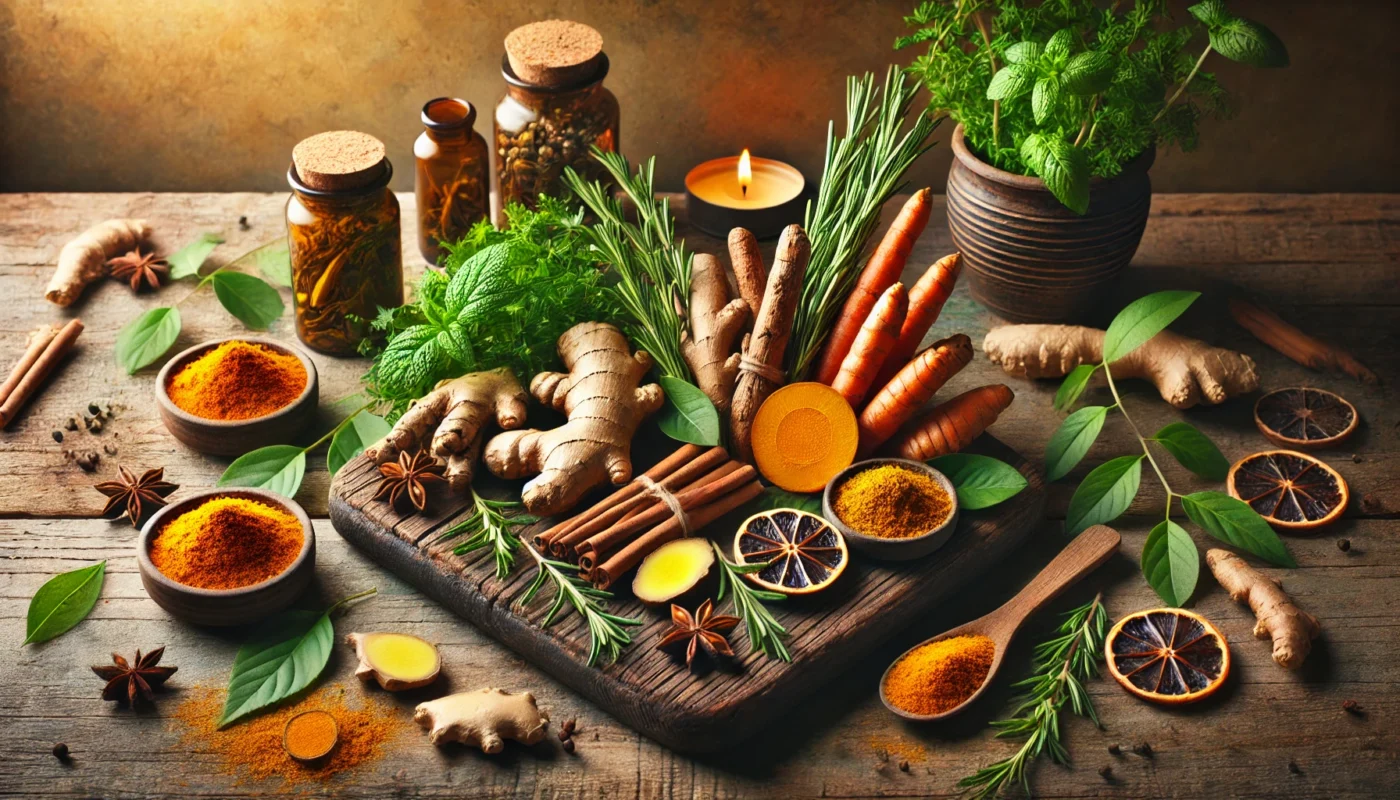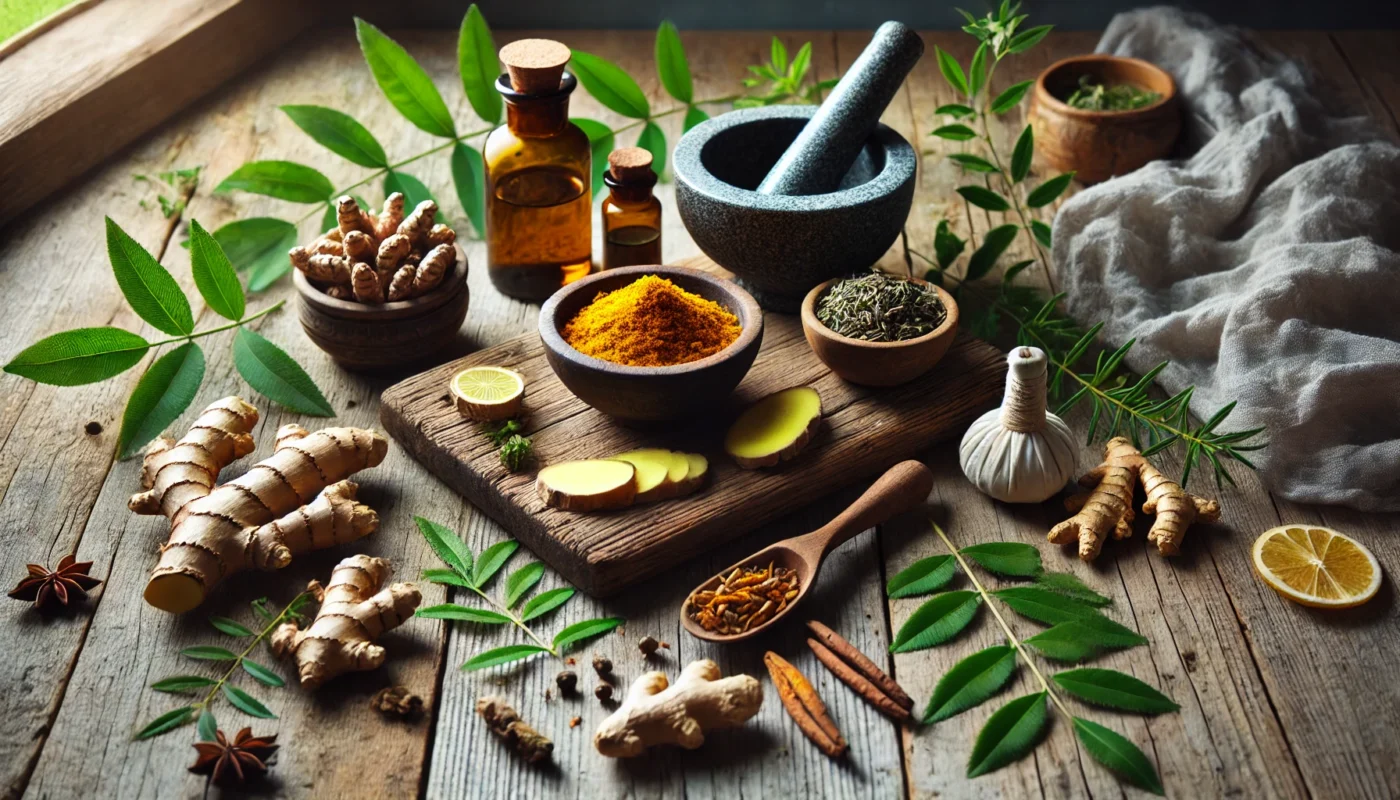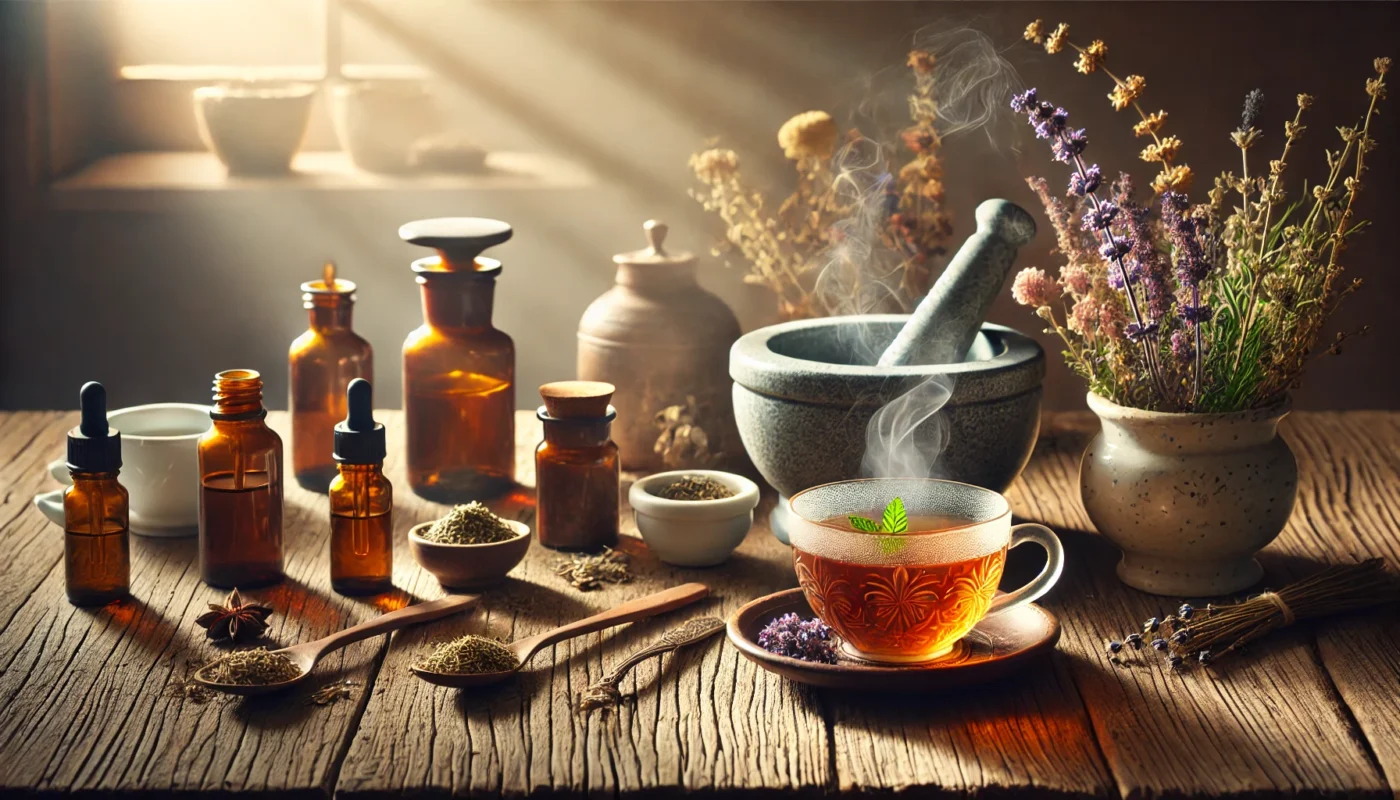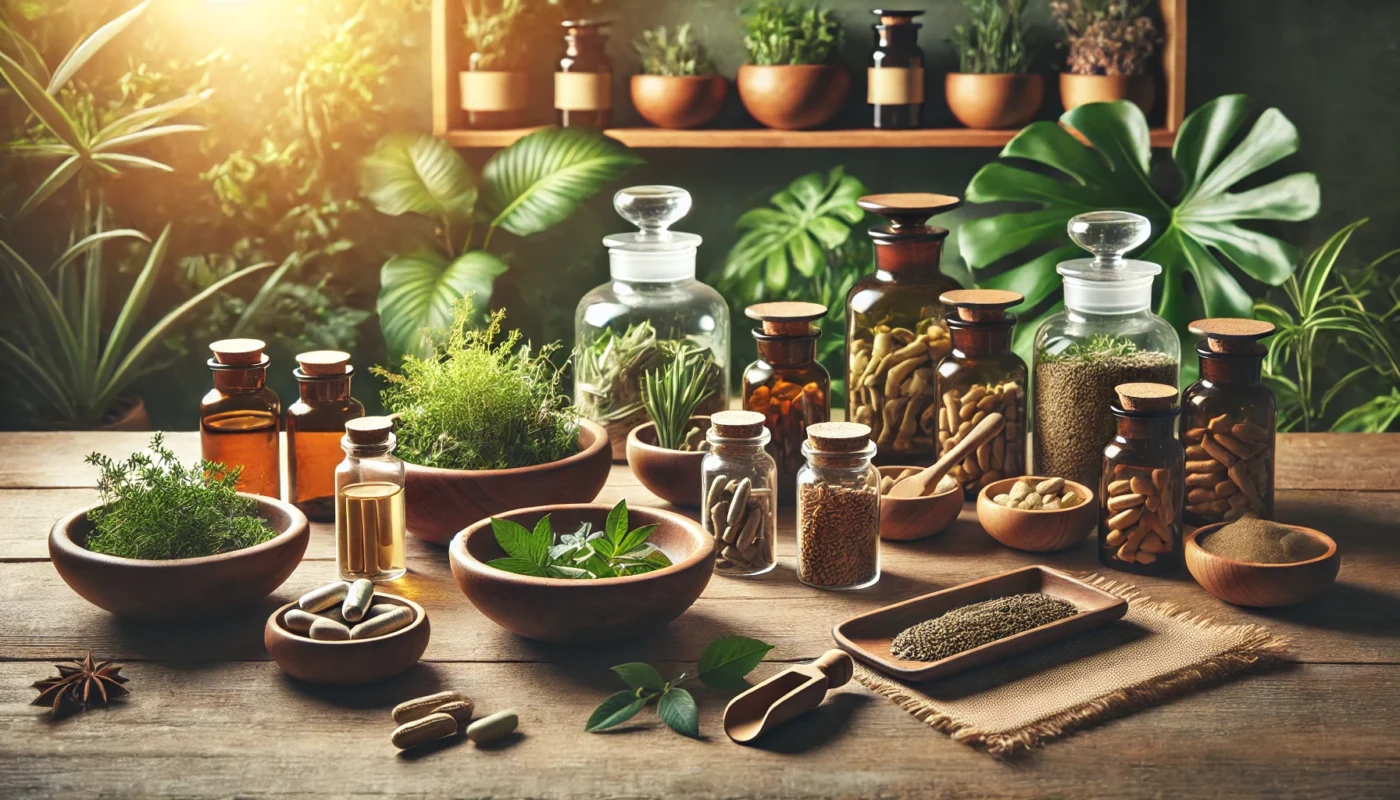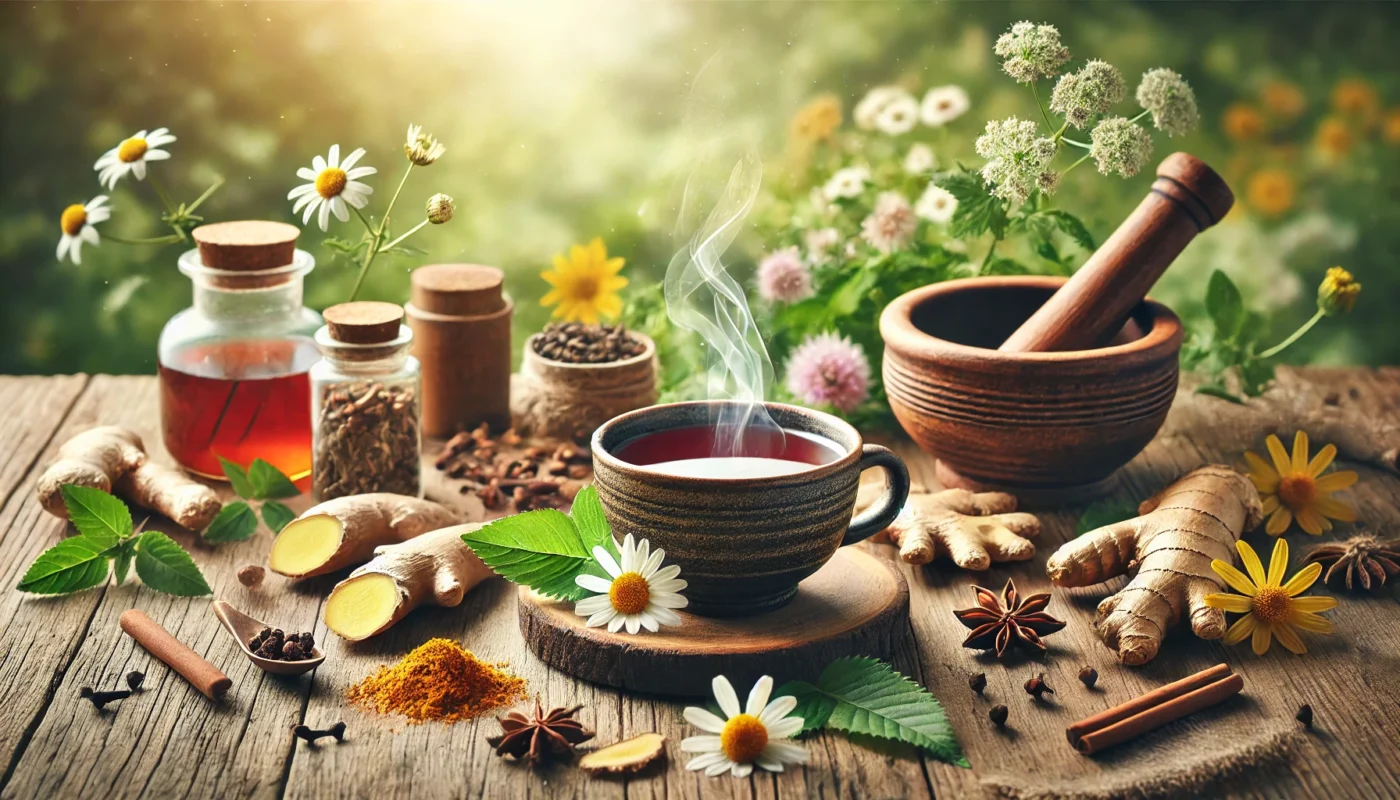In the hustle and bustle of daily life, minor injuries like cuts and scrapes can happen unexpectedly. While these might seem trivial at first, they can lead to infections if not properly cared for, especially if they involve pus or become smelly. If you find yourself with an infected cut, you may be seeking home remedies to naturally accelerate healing. In this comprehensive guide, we’ll delve into effective natural remedies for treating infected wounds and cuts, providing you with practical advice to ensure optimal healing.
Tag Archives: Natural Remedies
Inflammation is a protective mechanism that helps the body heal from injuries and fight infections. When the body detects a threat, the immune system releases white blood cells to the affected areas, resulting in redness, heat, and swelling. While this response is beneficial in the short term, chronic inflammation can cause lasting damage to healthy tissues and organs. It is linked to a variety of diseases, including arthritis, heart disease, and even cancer.
Inflammation is the body’s natural response to injury or infection, aimed at protecting and healing. It is characterized by redness, swelling, heat, and pain, serving as a protective mechanism to remove harmful stimuli and initiate the healing process. This response is essential for survival, as it helps to eliminate infections and repair damaged tissues.
The quest for pain relief is as old as humanity itself. From ancient times, herbal remedies have been employed to alleviate discomfort. Today, with growing awareness of the potential side effects of synthetic drugs, there’s a resurgence of interest in natural pain management strategies. But what makes these natural alternatives so appealing?
Before diving into how to find the best practitioners, it’s essential to understand what integrative health entails. Integrative health combines conventional Western medicine with complementary and alternative therapies. This approach emphasizes the whole person, focusing on wellness and healing rather than just treating disease.
Back pain can arise from various factors, including muscle strain, poor posture, underlying medical conditions, or even after surgery. Understanding the root cause is crucial for choosing the appropriate natural remedy. For those recovering from surgery, gentle approaches that promote healing are essential, while chronic sufferers might benefit from lifestyle adjustments and consistent natural therapies.
Before embarking on the journey of natural relief, it’s essential to grasp the intricacies of fibromyalgia. This syndrome affects approximately 2-4% of the global population, predominantly women. The exact cause remains unknown, but it’s believed to involve a combination of genetic, environmental, and psychological factors. Symptoms can vary, but common complaints include chronic pain, sleep disturbances, and cognitive difficulties, often referred to as “fibro fog.”
Lyrica, also known by its generic name pregabalin, is commonly prescribed for nerve pain associated with conditions like fibromyalgia, diabetic neuropathy, and post-herpetic neuralgia. While it can be effective in these cases, some individuals experience side effects such as dizziness, fatigue, and weight gain, prompting a search for alternatives.
When it comes to managing pain, many people are turning away from conventional medications in search of more natural, holistic alternatives. Whether you’re dealing with chronic discomfort or sporadic aches, natural remedies can offer effective relief without the potential side effects associated with pharmaceuticals. In this article, we will explore some of the top natural remedies for pain relief, drawing on both traditional wisdom and contemporary scientific research.
Caring for dissolvable stitches, also known as absorbable sutures, is an essential component of post-surgical recovery. Whether you’ve undergone a simple procedure or a complex surgery, understanding how to properly care for these stitches can significantly impact your healing process. Dissolvable stitches are designed to be absorbed by your body over time, thus eliminating the […]


